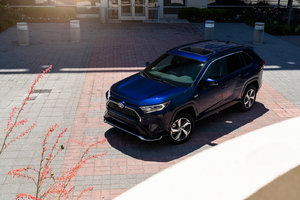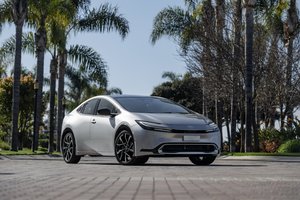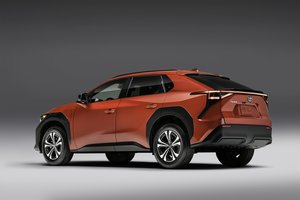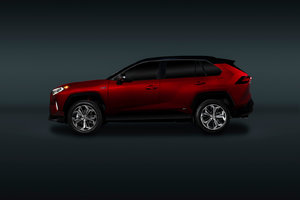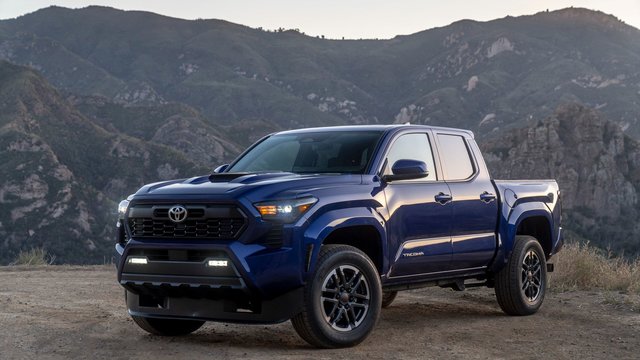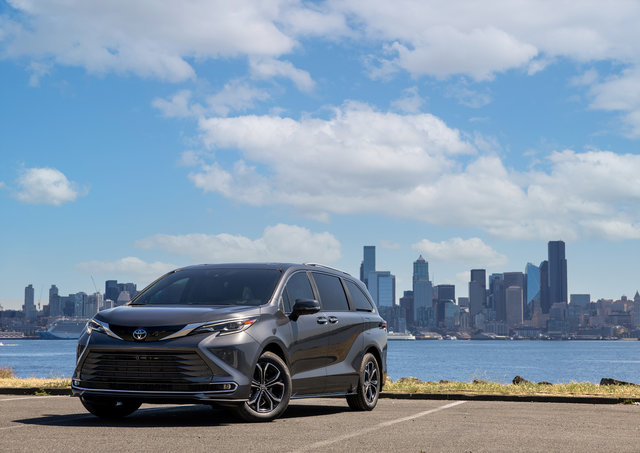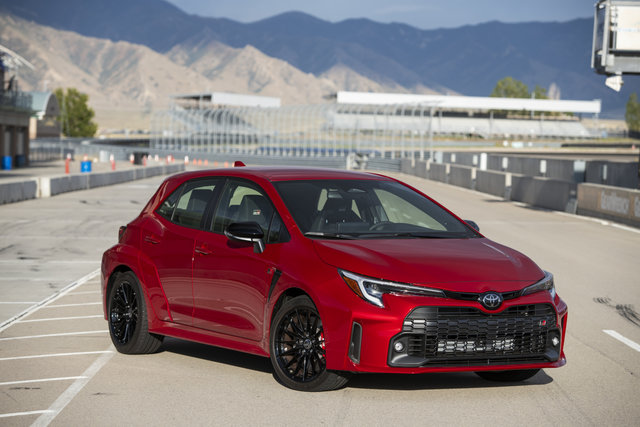If you're a homeowner in Mississauga tackling weekend renovations, you need a truck that can haul...
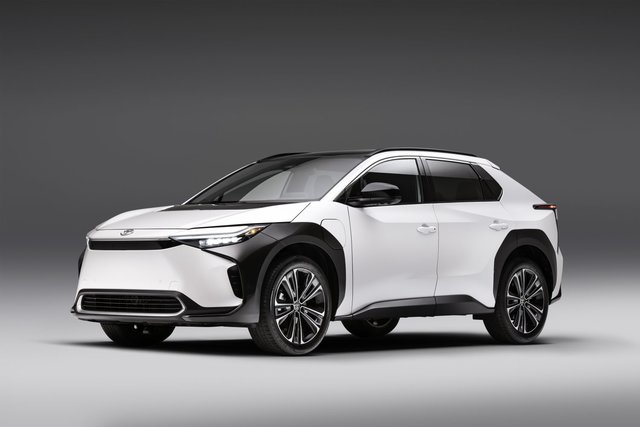
Toyota Motor North America has announced that it will be adopting the North American Charging Standard (NACS) for its plug-in hybrid (PHEV) and electric vehicle (EV) models. The move will align Toyota with Tesla, which helped develop NACS. Toyota's decision to integrate the NACS charging protocol will begin in 2025, and the company’s battery-electric vehicles will come with NACS ports starting that same year.
Multiple Benefits for Toyota Owners
One of the main benefits of the integration for Toyota EV users will be access to Tesla’s expansive Supercharger network. An estimated 12,000 Supercharger stations are located across North America, which will make long-distance travel convenient and more accessible for Toyota EV owners. Furthermore, Toyota plans to provide its customers with adapters beginning in 2025, which will be added to vehicles to ensure Toyota's existing charging infrastructure is compatible with the NACS charging ports.
The move to NACS by Toyota further demonstrates the company’s ongoing commitment to electrification and driving toward a more sustainable future. By actively encouraging the use of electric vehicles, Toyota hopes to make EV adoption easier and more accessible for all. EVs can be an efficient way to lower carbon emissions, and with widespread adoption, they have the potential to make a significant impact on climate change.
More Charging Stations Across Canada and the U.S.
The NACS charging standard is said to be more efficient than other charging standards like Combined Charging System (CCS) and has gained popularity as the protocol of choice among Tesla drivers in North America. NACS is seen as a fast-charging protocol capable of charging EVs in as little as 20 to 30 minutes. This is a significant improvement over CCS charging, which can take up to an hour to charge an EV battery from 0 to 80%.
Toyota currently offers a wide range of EVs in North America, including the Toyota RAV4 Prime, the Prius Prime PHEV, and the Mirai fuel cell EV. The move toward NACS charging is expected to further bolster Toyota’s reputation in the EV market and will make it easier for customers to choose practical and sustainable transportation options.
In conclusion, Toyota's move to adopt the NACS charging standard for its EVs and PHEVs is a positive step forward for the electric vehicle industry. The integration will allow Toyota owners to tap into Tesla’s expansive charging network while offering more efficient charging times and reducing time spent on the road charging. This move reinforces Toyota’s commitment to the electrification of its vehicle fleet and creating a more sustainable future.
Other Articles That May Interest You
Finding the right family vehicle for Mississauga means balancing space, convenience, and everyday...
If you're searching for a hot hatch that's equally ready for winter commutes and track-day fun,...

